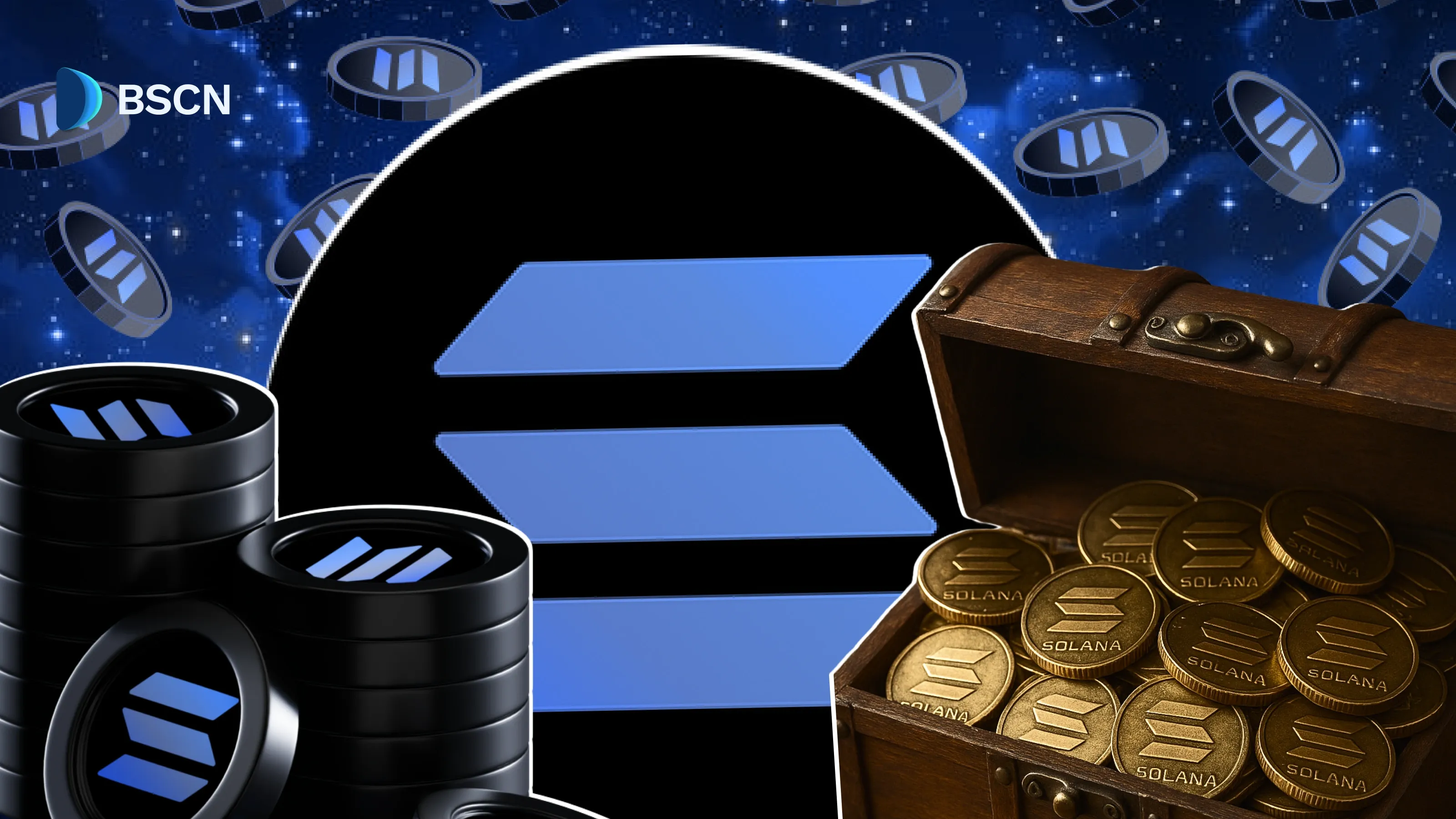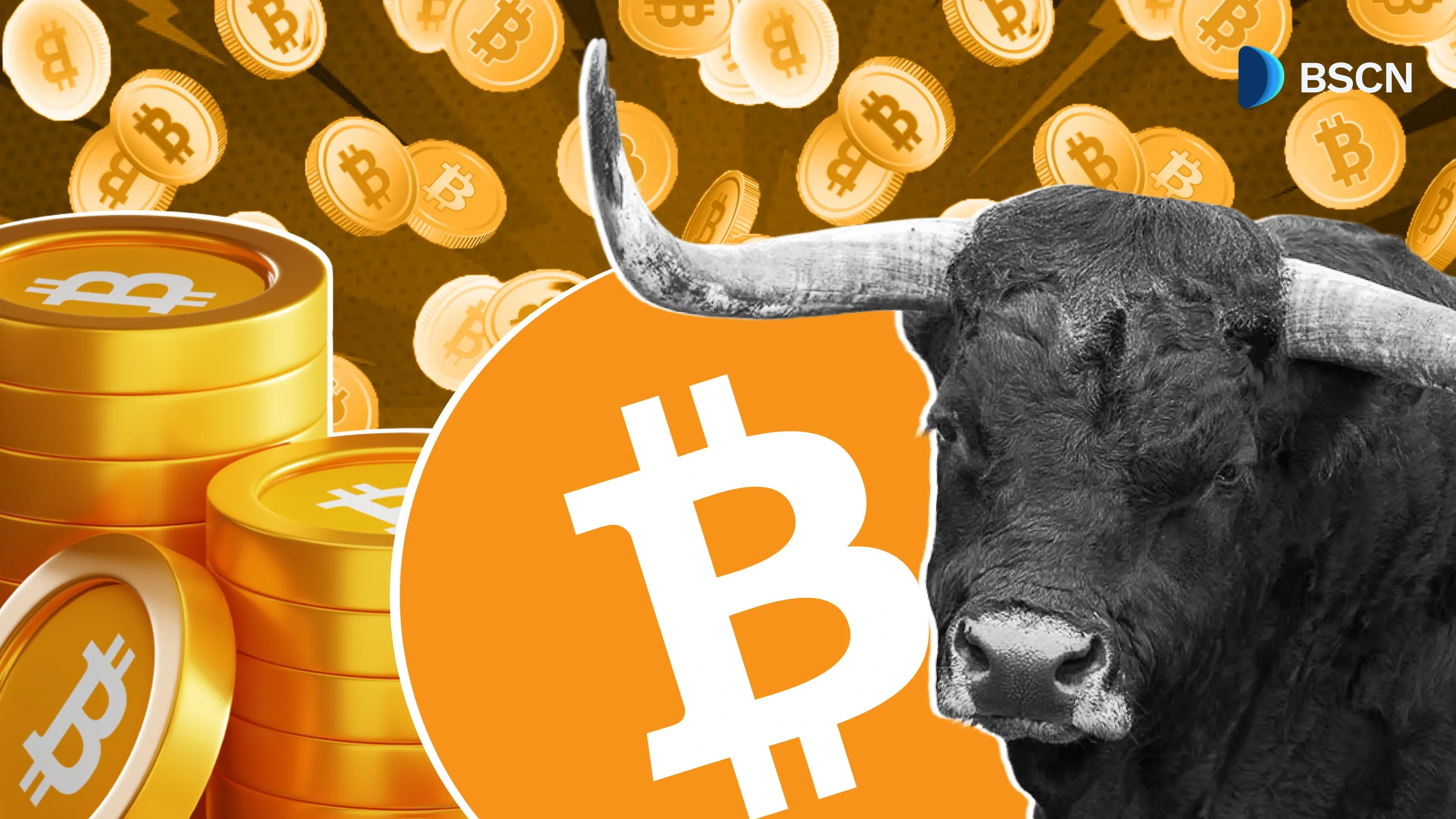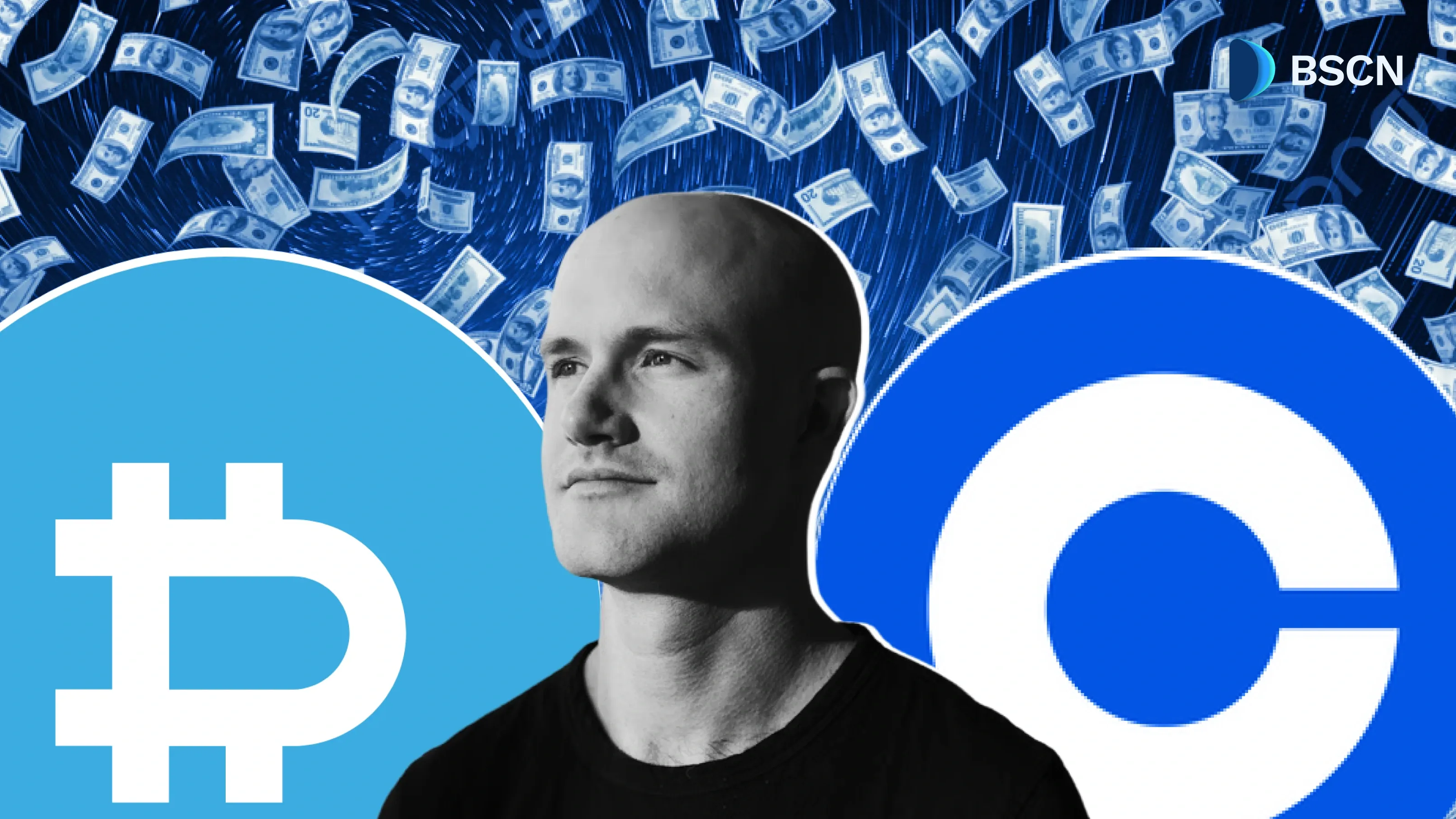WEB3
How ZKP Technology is Revolutionizing Security in Decentralized Finance

Zero-knowledge proof (ZKP) technology is the solution to many of the current DeFi concerns, allowing for the verification of information without compromising sensitive data.
BSCN
May 4, 2023
TL;DR:
- Zero-knowledge proof (ZKP) technology enhances privacy and security in decentralized finance (DeFi).
- ZKP is an important cryptographic technology for DeFi applications such as lending, borrowing, and trading.
- ZKP allows for the verification of information without revealing any sensitive data.
- Despite its benefits, users should be aware that ZKPs do not provide a 100% guarantee, and the algorithms used require intense computational resources.
Zero Knowledge Proof Enhances Data Security
Decentralized finance (DeFi) has emerged as a revolutionary new way of providing financial services without intermediaries. However, as the DeFi ecosystem grows, so do the challenges of ensuring privacy and security for users. This is where zero-knowledge proof (ZKP) technology comes into play.
ZKP allows for the verification of information without revealing any sensitive data, making it an ideal tool for protecting user privacy in the DeFi space. In this article, we'll explore the benefits of ZKP technology for DeFi applications and how it's being used to enhance security and privacy in the world of decentralized finance.
DeFi Applications Using ZKP
Based on the Mina Foundation's "State of Zero-Knowledge Report 2022," nearly 41% of respondents said finance was the industry most suited for ZKPs, surpassing health care, social media, e-commerce, gaming, and entertainment.
Several use cases for zero-knowledge proofs have already been realized; others will become a reality in the near future. The following are some of the major uses of ZKP in the field of decentralized finance:
Anonymity of Authentication:
Using ZKPs can provide enhanced security for sensitive authentication information during transmission. In worst-case scenarios, zero-knowledge proof can prevent data leakage by providing a secure channel for users to employ their information without disclosing it. This approach allows users to authenticate themselves without compromising their privacy.
Keeping Customer Data Secure
ZKP allows customers to share their financial information with institutions without revealing unnecessary data. The result is an increase in privacy and a greater sense of control over customer data.
Ensure Secure Transactions
The security measures required for sending private transactions on a blockchain system must be strictly adhered to prevent unauthorized access. There may be vulnerabilities in traditional methods that can be exploited.
The ZKP protocol enables secure, anonymous private transactions on the blockchain without risk of hacking or interception. Through ZKP, parties involved in a transaction can verify their identities without requiring a third party, like a bank or a payment processor.
Compliance at the Global Level
It can be challenging for decentralized platforms to comply with strict regulations regarding the collection and sharing of financial information in some countries. However, it is possible to share the required information with regulators while keeping it private from third parties when using zero-knowledge proofs.
In this way, DeFi can comply with regulations in various jurisdictions, bridging the gap between traditional financial institutions and decentralized platforms.
Zero-knowledge proof (ZKP) is an important cryptographic technology that enhances privacy and security in blockchain, cryptocurrency, and DeFi. ZKPs enable the verification of the truth of sensitive information without revealing any additional information, which is crucial for DeFi applications such as lending, borrowing, and trading.
Despite the benefits of ZKPs, users should be aware that they do not provide a 100% guarantee, and the algorithms used by ZKPs require intense computational resources.
Nonetheless, the increasing application of ZKPs in the blockchain and DeFi space is expected to bring more innovative services that greatly benefit users.
Latest News
Crypto Project & Token Reviews
Project & Token Reviews
Comprehensive reviews of crypto's most interesting projects and assets
Learn about the hottest projects & tokens








